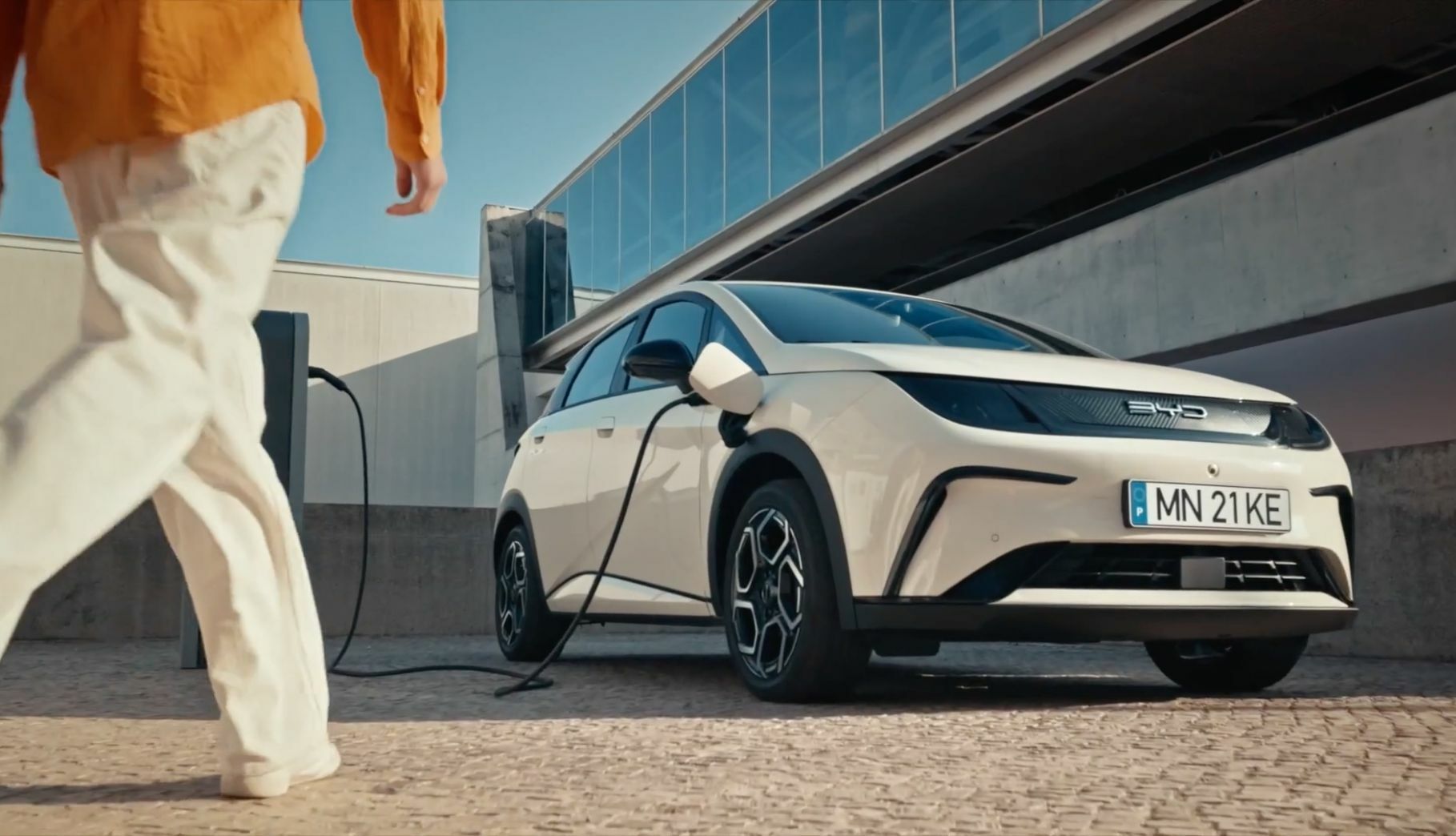Automakers’ ties to forced labour in China under scrutiny, says HRW report

Five prominent automakers, including Toyota, General Motors, Volkswagen, Tesla, and China’s BYD, have questionable ties to forced labour in China’s Xinjiang region, as identified by a report by Human Rights Watch (HRW).
Xinjiang, an important aluminium producer contributing to approximately 9% of the global supply, has been linked to state-sponsored labour transfer programs accused of coercing Muslim minorities into forced labour.
HRW states that the auto industry’s dependency on coal to power aluminium smelters increases the risk of exposure to forced labour. The situation is made worse by potential government retaliation against companies investigating Xinjiang ties and joint-venture relationships between foreign and Chinese companies that restrict carmakers’ supply chain traceability efforts.
China asserts that its rural labour programs help residents escape poverty but the United States and others argue that the system is coercive, with many Uyghurs too scared to reject a government that has been accused of imprisoning over a million of them in recent years. Disagreements over the issue have disrupted various industries, including solar panels, cotton, and tomatoes, and affected big brands like Nike Inc.
The complexity of the aluminium supply chain, with the metal being traded and processed into alloys by commodity traders, makes it challenging to determine a product’s origins. China has consistently denied allegations of forced labour, referring to previous research into automakers’ Xinjiang ties as malicious smears.
Toyota stated that it would carefully review the HRW report and expects its suppliers to respect human rights. Volkswagen assured that it adheres to the United Nations’ Guiding Principles on Business and Human Rights and opposes forced labour.
Forced labour
According to HRW, approximately 2.76 million rural labourers per year were relocated to Xinjiang between 2014 and 2019, mainly from the region’s south where most Uyghurs reside. However, these figures may include transfers of Han Chinese, the country’s ethnic majority, and multiple relocations of the same person within a year. HRW further noted that 3.2 million transfers occurred in 2021, reported Bangkok Post.
Although most automakers have policies to eliminate forced labour, HRW argues that companies lack the necessary knowledge of their aluminium supply chains. In response, Tesla claimed that it had traced its supply chain back to mines in several cases and found no evidence of forced labour.
HRW urged governments in the United Kingdom, Australia, and Canada to enact laws banning imports linked to forced labour and requiring companies to disclose their supply chains for commodities with high-risk links to human rights abuses. In the US, HRW recommended making aluminium a high-priority sector under the Uyghur Forced Labour Prevention Act, said Jim Wormington, senior researcher and advocate for corporate accountability at HRW.
“Car companies simply don’t know the extent of their links to forced labour in Xinjiang in their aluminium supply chains. Consumers should know their cars might contain materials linked to forced labour or other abuses.”
In related news, US banned imports from Ninestar and Xingjiang Zhongtai Chemical over concerns of Uyghur forced labour, enforcing the Uyghur Forced Labor Prevention Act (UFLPA) to combat human rights abuses.
Latest Thailand News
Follow The Thaiger on Google News:


























